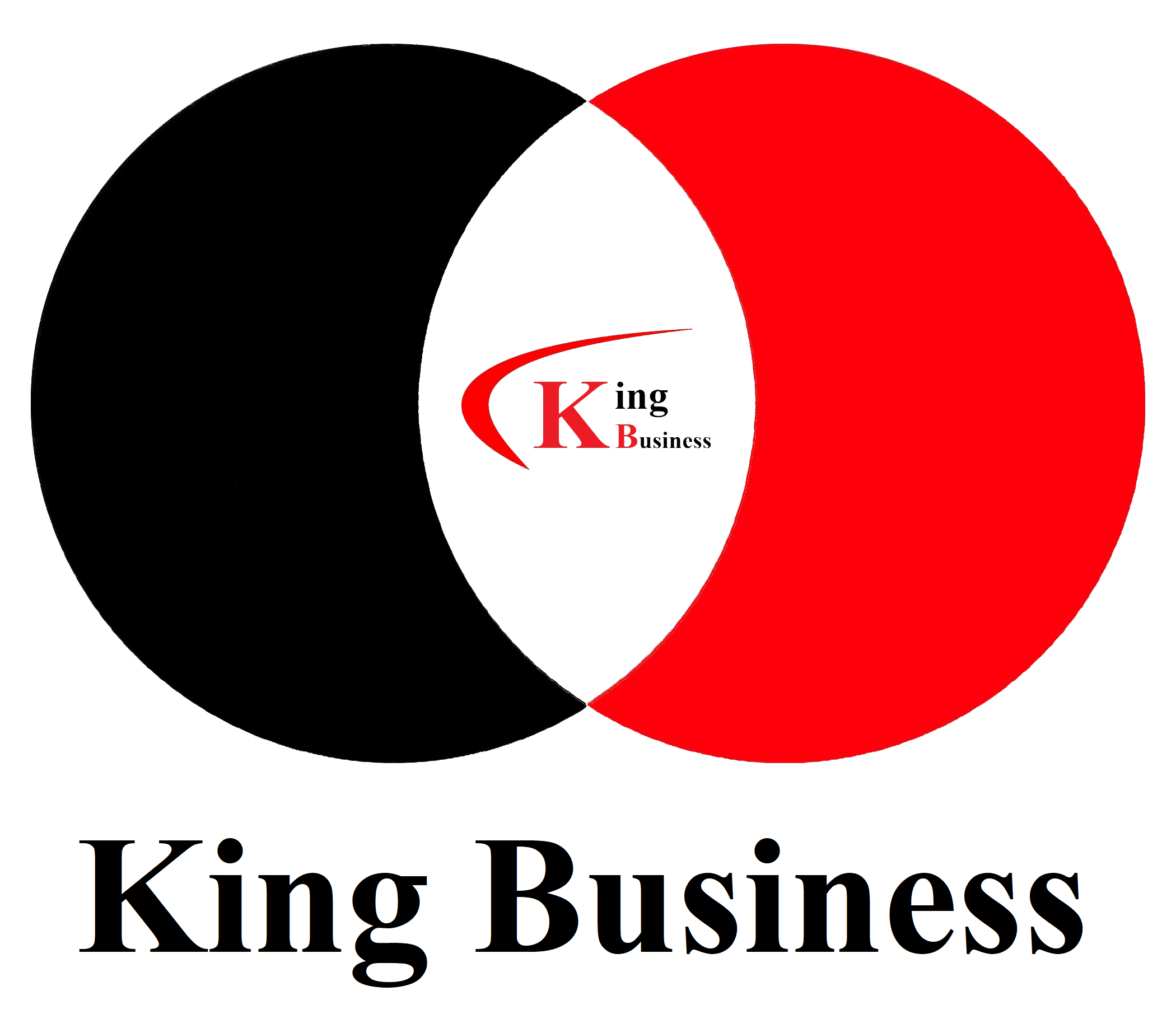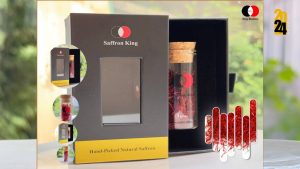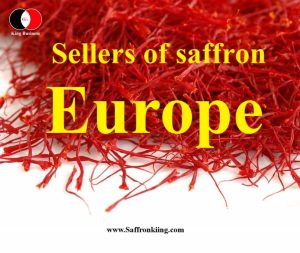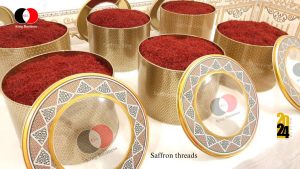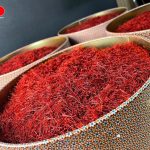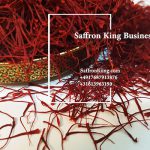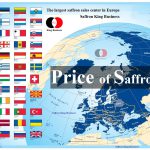Saffron Export Challenges to the Netherlands
What will you read ...
Financial transactions between the two countriesTransportation issues and high costsPackaging qualityCultural understanding and market preferencesQuality assurance and certificationRegulations and trade tariffsWholesale saffron trade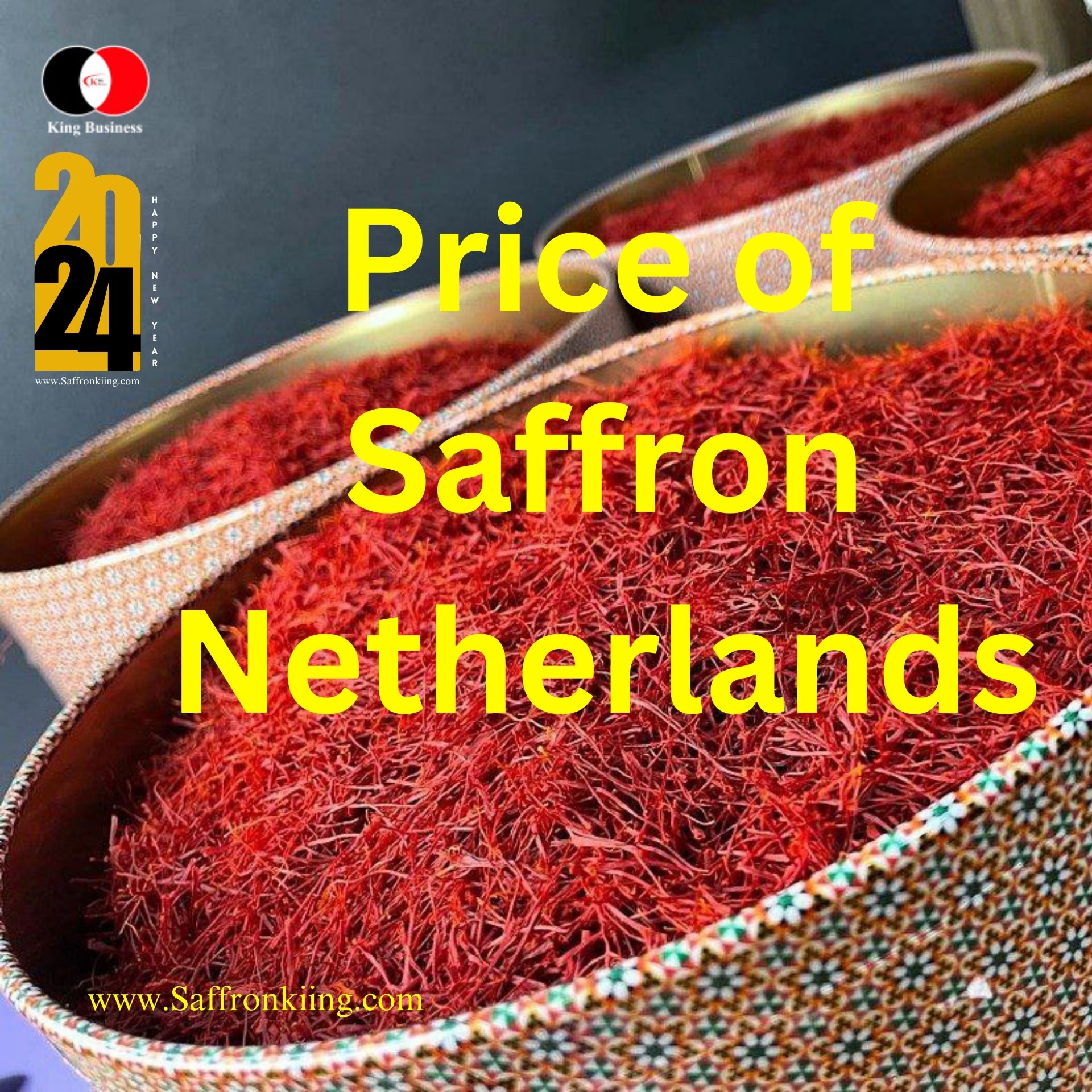
Saffron exports from Iran to the Netherlands face various challenges, ranging from financial transactions and transportation issues to concerns related to packaging.
These obstacles collectively impede the smooth flow of saffron trade between the two countries.
Financial transactions between the two countries
One of the primary challenges of saffron exports from Iran to the Netherlands is the difficulty in money transfers.
Economic sanctions imposed against Iran have restricted international financial transactions. This poses challenges for Iranian saffron exporters as they strive to receive payment from Dutch buyers.
Limited access to global banking systems complicates the payment process and may lead to delays and uncertainty in commercial transactions.
Transportation issues and high costs
Transportation issues are another significant barrier.
The distance between Iran and the Netherlands requires a well-organized logistics network.
However, infrastructural challenges and bureaucratic obstacles in both countries can result in delays in saffron transportation.
Additionally, high international transportation costs, customs duties, and other related expenses can impact the overall competitiveness of Iranian saffron in the Dutch market.
Packaging quality
The quality of saffron packaging in Iran is a crucial concern for European markets, including the Netherlands.
European standards and regulations demand precise attention to packaging details to ensure that products meet specific quality and safety standards.
If Iranian saffron packaging does not comply with these standards, it can be a significant barrier to entering the Dutch market.
Improving packaging techniques and aligning them with European expectations are essential to enhance the marketability of Iranian saffron in the Netherlands.
Cultural understanding and market preferences
Another challenge lies in understanding the preferences and subtle cultural differences in the Dutch market.
Tailoring saffron products to meet the specific demands of Dutch consumers, including attractive packaging, labeling, and advertising strategies, is essential.
Failure to grasp these market dynamics may result in a lack of alignment with consumer expectations, impacting the overall success of saffron exports.
Quality assurance and certification
Ensuring the quality and authenticity of saffron is crucial for successful exports.
Adhering to European Union standards and obtaining necessary certifications is essential. Failure to meet these requirements may lead to rejection or reduced demand in the Dutch market.
Establishing a robust quality assurance system, including traceability processes and certification issuance, is vital for gaining trust among Dutch consumers and regulatory authorities.
Regulations and trade tariffs
Navigating complex regulations and trade tariffs is an ongoing challenge in international trade. Changes in tariffs or trade policies can affect the cost-effectiveness of saffron exports. Awareness of trade agreements and commercial regulations between Iran and the Netherlands is crucial for saffron exporters to adapt to evolving market conditions and maintain a competitive edge.
Wholesale saffron trade
In conclusion, while Iran holds a significant advantage as a major saffron producer, various challenges hinder the smooth export of saffron to the Netherlands.
Overcoming these obstacles requires coordinated efforts between Iranian exporters and Dutch authorities to streamline financial transactions, improve transportation infrastructure, enhance packaging quality, understand the target market, ensure product authenticity, and navigate complex trade regulations.
Addressing these issues not only benefits Iranian saffron exporters but also contributes to the growth of bilateral trade between the two countries.
